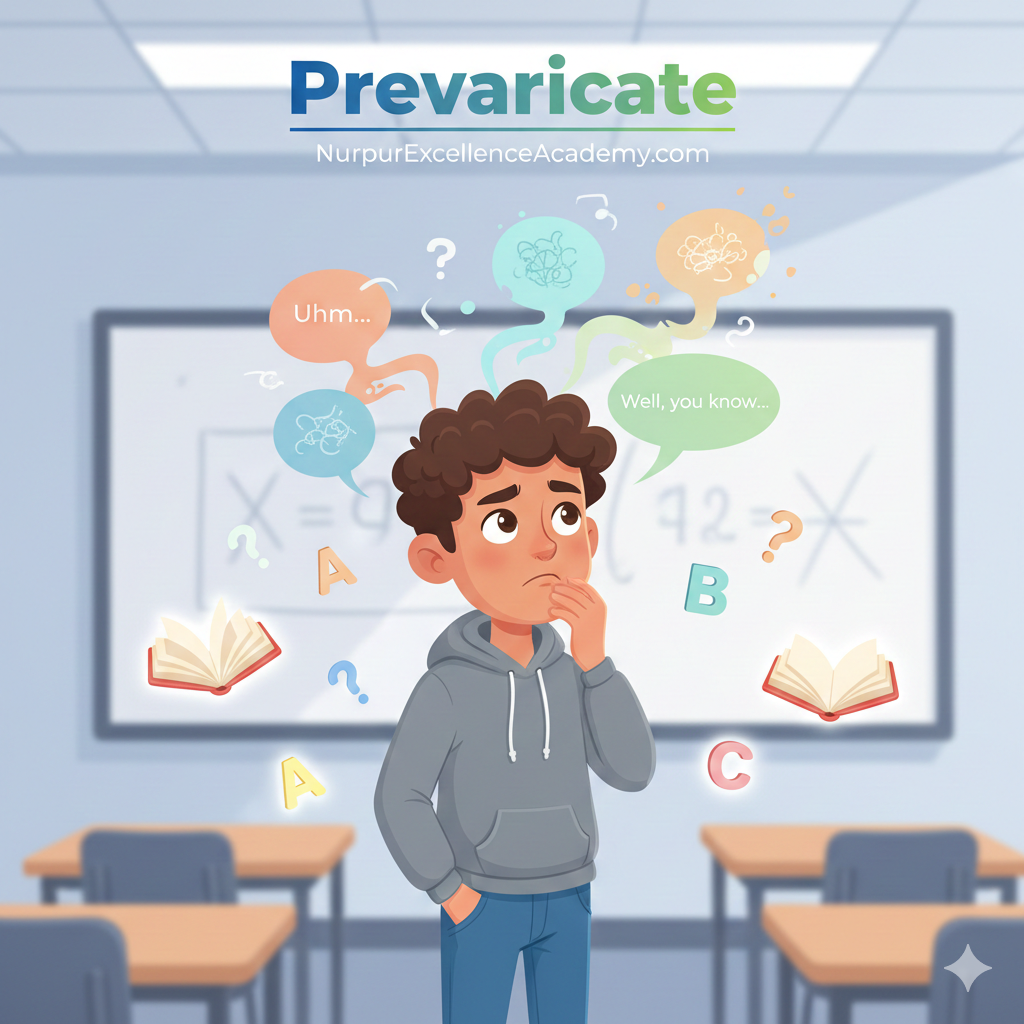Introduction
In English grammar, Subject-Verb Agreement is a crucial concept. It ensures that the verb in a sentence agrees with its subject in number (singular/plural) and person (first/second/third).
Without proper agreement, sentences sound awkward or grammatically incorrect.
Example:
- ❌ The students is studying.
- ✅ The students are studying.
1. What is Subject-Verb Agreement?
Definition:
Subject-Verb Agreement means that the verb must agree with its subject in number and person.
Basic Rule:
- Singular subject → singular verb
- Plural subject → plural verb
Example:
- She writes daily. (singular)
- They write daily. (plural)

2. Rules of Subject-Verb Agreement
2.1 Singular and Plural Subjects
- Singular subject → singular verb
- The boy runs fast.
- Plural subject → plural verb
- The boys run fast.
2.2 Compound Subjects
- Two different nouns joined by “and” → plural verb
- Rohan and Aasman are playing football. ✅
- Two nouns referring to the same person or single idea/entity → singular verb
- Mac and Cheese is my favorite dish. ✅
- Research and Development is vital for the company. ✅
2.3 Subjects Joined by Or / Nor
- Verb agrees with the nearest subject
- Either the teacher or the students are responsible.
- Neither the students nor the teacher is late.
2.4 Collective Nouns
- Collective nouns can be singular or plural depending on context:
- Singular (considered as one unit): The team wins every match.
- Plural (members acting individually): The team are arguing among themselves.
2.5 Indefinite Pronouns
- Most are singular: everyone, each, anybody, someone, nobody
- Everyone is invited.
- Some are plural: few, many, both, several
- Many are waiting outside.
- Some can be singular or plural depending on context: all, some, none, any
- All of the cake is eaten. (cake = singular)
- All of the students are present. (students = plural)
2.6 Titles, Names, and Proper Nouns
- Titles of books, movies, organizations → singular verb
- “Harry Potter” is a famous book series.
2.7 Amount, Time, Distance, Money
- Usually singular when referring to a single unit
- Five kilometers is a long distance.
- Ten dollars is enough.
2.8 Words like “Here” and “There”
- Verb agrees with real subject, not with “here/there”
- Here is the book.
- There are many students in the class.
2.9 Fractions and Percentages
- Singular if referring to a single unit; plural if referring to multiple items
- Half of the cake is gone.
- Half of the students are absent.
2.10 Plural Form, Singular Meaning
- Words like mathematics, news, physics, economics → singular verb
- Mathematics is interesting.
3. Tips and Tricks for Students
- Identify the subject first, ignore intervening phrases
- The bouquet of roses smells sweet. (subject = bouquet)
- Watch out for tricky words: each, every, everyone → singular
- Collective nouns: check if the action is unitary or individual
- Or/Nor → verb agrees with nearest subject
- Ignore prepositional phrases between subject and verb
- The books on the table are new.
4. Exceptions and Special Cases
- Titles of books, movies, organizations → singular
- Plural nouns with singular meaning → mathematics, news → singular
- Words like scissors, pants, glasses → plural → The scissors are sharp.
5. Examples from Literature
- The band of brothers was united in loyalty.
- Each of the students is responsible for their work.
- The committee decides the final result.
- Five miles is a long walk.
6. Exercises for Practice
Choose the correct verb:
- Each of the boys ______ (is/are) honest.
- Neither the teacher nor the students ______ (was/were) present.
- Mathematics ______ (is/are) my favorite subject.
- The bouquet of flowers ______ (smells/smell) wonderful.
- Here ______ (is/are) the documents you asked for.
Identify and correct the mistakes:
- The team are winning the match. → The team is winning the match.
- Everyone have finished their homework. → Everyone has finished their homework.
- Either Rohan or his friends is late. → Either Rohan or his friends are late.
7. Quick Tricks to Remember
- Singular subjects → singular verbs
- Plural subjects → plural verbs
- Ignore phrases between subject & verb
- Or/Nor → verb agrees with nearest subject
- Collective nouns → singular/plural depending on meaning
Conclusion
Subject-Verb Agreement is essential for writing, speaking, and exams. Mastery ensures:
- Grammatically correct sentences
- Clarity in communication
- Better comprehension in literature
Tip for students: Practice identifying subjects and verbs in newspaper articles, novels, and textbooks daily to strengthen your grammar skills.



Leave a Reply